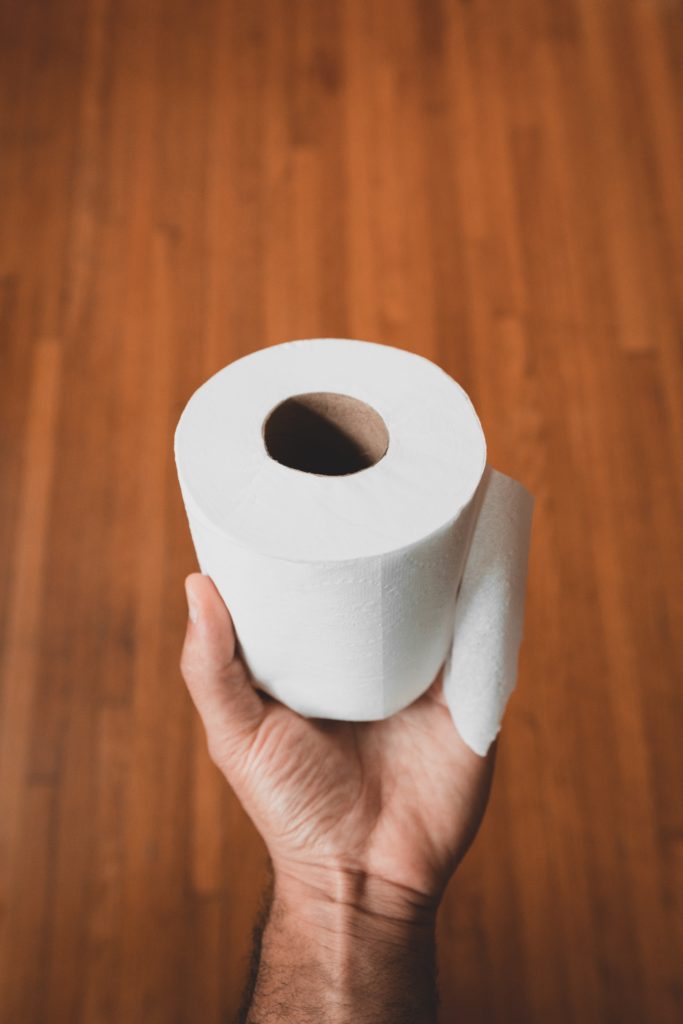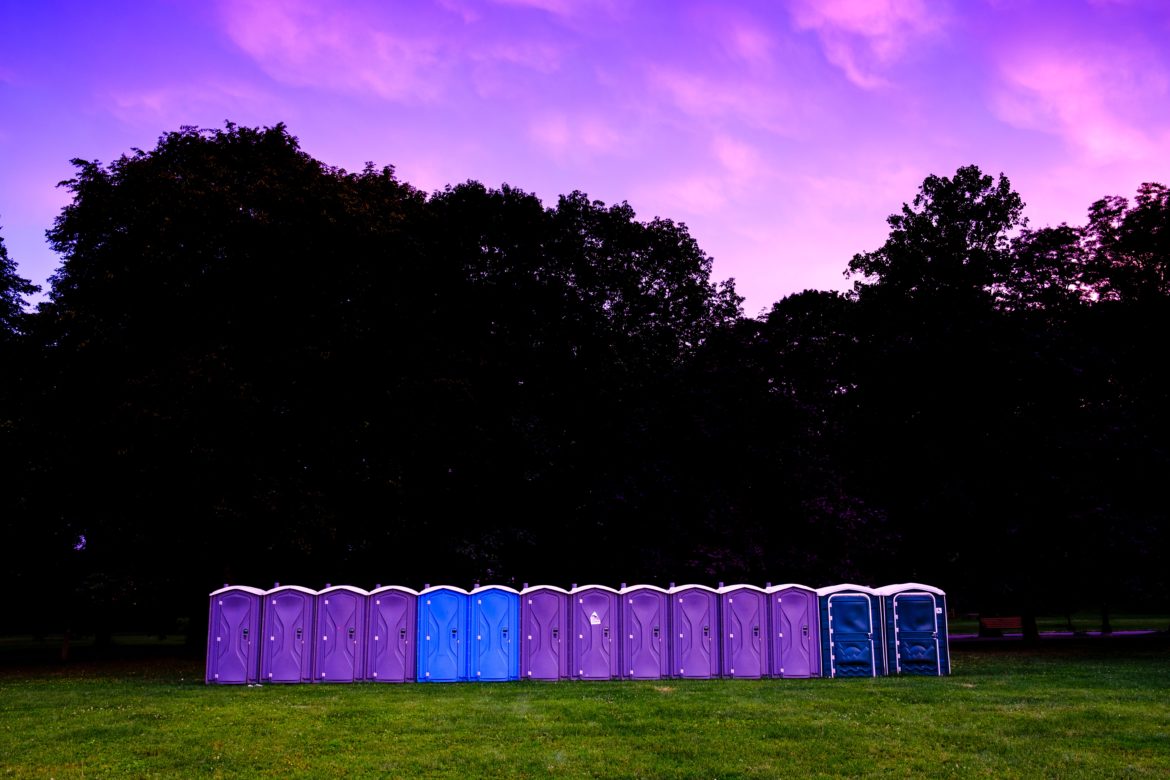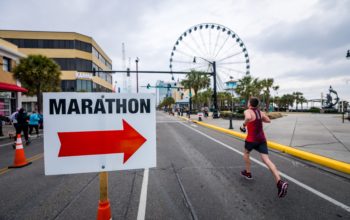In 1996 Uta Pippig became the first woman to win the Boston Marathon three consecutive times. Winning a marathon is an accomplishment in itself, winning one of the world’s most elite marathons three years in a row affords a person serious bragging rights.
But her record isn’t what I remember about Pippig. It’s that she crossed the finish line—and ran about 20 miles—covered in her own excrement.
Although Pippig was later diagnosed with ischemic colitis—a serious condition in which the colon becomes inflamed—the truth is, many runners poop during races. Some of us are fortunate enough to have shuffled into a port-a-potty just in time to pull down our sweat-soaked spandex before the squirts start or the log drops, but others are not so lucky.
In a 1992 study that surveyed 109 runners, 13% had experienced “fecal incontinence” aka they’d pooped their pants while running and 62% were lucky enough to make it to a bathroom to relieve themselves.
Why do runners poop while running?

While the exact cause is unknown, there are likely several contributing factors to having the Hershey squirts during a race:
Decreased intestinal blood flow—Up to 80% of blood flow to the belly is redirected to muscles and other organs (like the lungs) during strenuous activity, according to Sports Injury Physio.
Anxiety and stress—even if you plan to come in last place, running a race can be intimidating and stressful. You might be anxious about getting injured or looking like a fool in front of other people. It’s normal to have race day jitters and normal to have nervous bowels.
Organ twerking—okay, I may have just invented that term, but running does place stress on the internal organs and cause them to bounce. Ever bounced a baby with a full belly? It’s gotta come out some way.
What to do if you experience runners’ runs
Keep a food log—make note of what you ate in the days and hours before a run and include notes about how you felt during the run. While certain foods—like sweeteners and fiber—and drinks—like coffee and alcohol—can cause poop soup, there’s no universal rule of what to eat and what to avoid. The best way is to figure out what works—and doesn’t work—for your body.
Fast—take it slow and make sure your last meal is about two hours before the start of the race. This gives you time to digest and integrate the food into your system.
Stay hydrated—while it may seem like less water would mean less movement in the intestines, dehydration actually has the opposite effect and can cause diarrhea, according to Mayo Clinic. Conversely, be careful not to overhydrate as that too can lead to backdoor trots and hyponatremia—abnormally low sodium in the blood.
Go before you go—eat a meal like the Breakfast of Last Place Finishers that will help you move your bowels before you cross the start line so you’ll be less likely to have the urge later in the race.
Takeaway
If you’ve ever pooped during a run—whether in your pants or on someone’s front lawn—you’re definitely not alone. Luckily, most of us haven’t had to do it on national TV.
Bonus: Watch Pippig win the 100th Boston Marathon (and WBZ inaccurately site menstrual issues as the reason for the mess):





One thought on “Runners’ Diarrhea: Unpacking the Sports’ Dirty Secret”